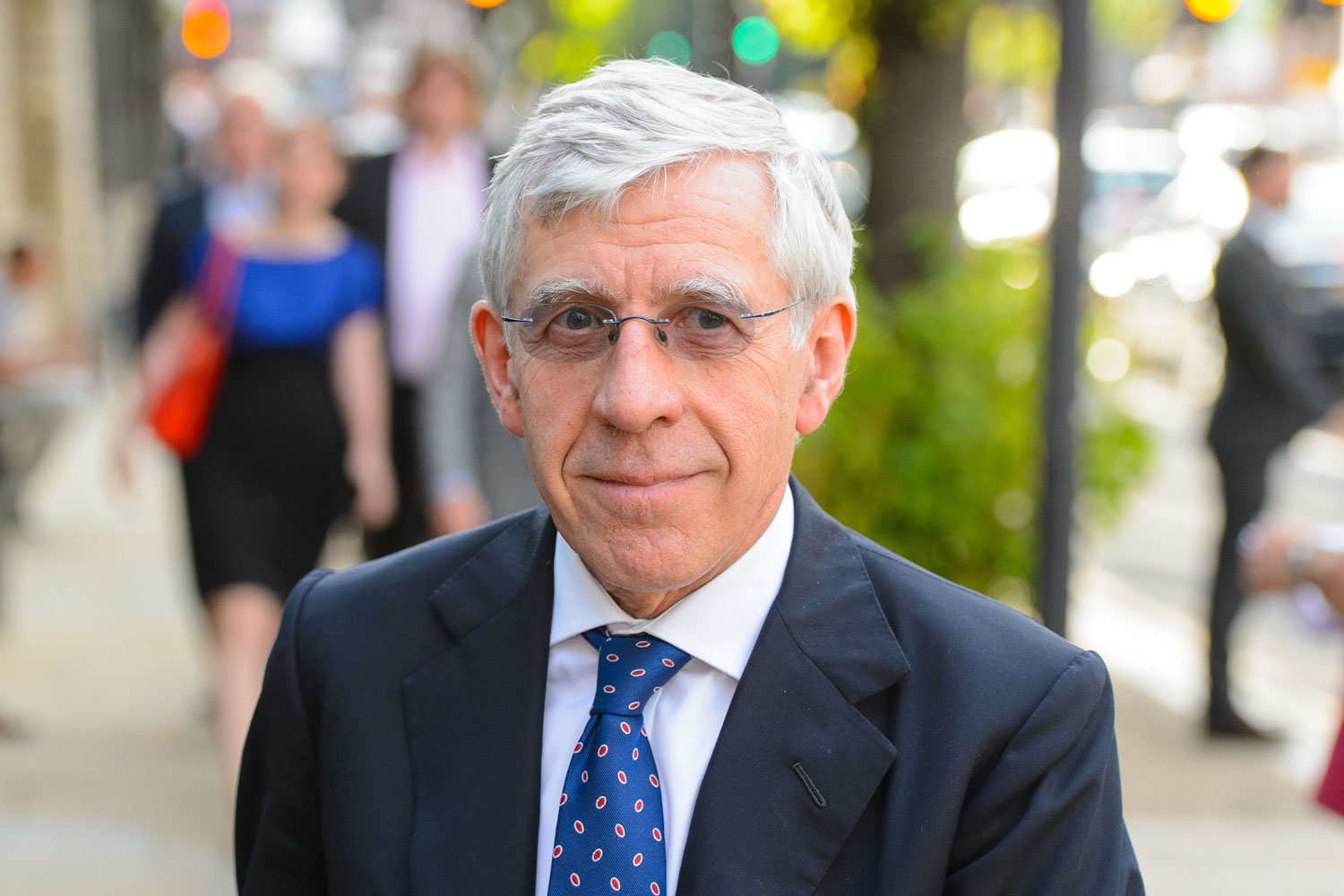Branded “a troublemaker acting with malice aforethought” by the Foreign Office after a student trip to Chile, elected LUU President, and later banned from the Union building, Jack Straw is not your average Leeds Alumni, before you even consider his stint as Home Secretary. The Gryphon got the chance to discuss with Straw his transition to mainstream politics, his achievements in government, and his regrets over the Iraq war.
“I was!” exclaims Jack Straw, with a glint in his eye, when reminded that he was banned from our student union in 2000, despite holding the position of President years before. He goes on to explain that, in this period, the union had a large contingent of “Trotskyists”, who disagreed with his assistance in the Immigration and Asylum Bill, who not only barred him from entering the union, but also removed his name from the Presidents board.
Despite his critics claiming the act showed “what a complete right-wing toe-rag I was!”, Straw maintains that the bill “simply streamlined procedures for asylum and immigration”, and is now “regarded as a relatively liberal bill.” Time has ultimately proven Straw right, with him noting that when “more sensible people came back in control of the union they made me a lifelong member”, before adding “I’ve still got the card!”
Jack Straw was heavily involved in student politics whilst at Leeds, being elected as chair of Leeds University Union Labour Society in 1966, then being elected to President of the Student’s Union in 1967, before eventually becoming elected NUS President in 1969. Despite this, he didn’t see himself at this point going into mainstream politics, explaining that “by the time I became President of the NUS, the Labour government was in the doldrums, and very unpopular.”
“At that stage I was thinking of going to work for a trade union or for a radical pressure group. It was just a bit of luck that I became President of the NUS and that opened up all sorts of other doors.”
Despite his seemingly blasé attitude towards his success in student politics, Straw notes that “I learnt a huge amount about politics and life from student politics.”
He continues by criticising those who are “patronising about student politics”, arguing that “everybody who did take part in it took something really important for how they behaved in later life from that experience.”
As is almost inevitable when in discussion with someone who was such a major part of Tony Blair’s government, the conversation drifts to the decision to invade Iraq. Straw however responds with poise and consideration, describing the idea that many may overlook genuine achievements of this government by fixating on the war as “an extremely interesting and poignant observation.”
Straw has clearly devoted a lot of thought to the decision, not only at the time, but later in life. “Given what transpired in Iraq and over Iraq, which is not what we anticipated […] it is inevitable that judgements about Iraq should overshadow so much else.”
He makes sure to show that there is no comparison between the loss of “innocent lives” and achievements such as “improving education”, but hopes that “in due course our achievements, as well as the things we got wrong, will be brought in the balance.”
It is clear that the after effects of such a decision still hang over Straw, who reveals the difficulty of the decision through the anecdote that “both my two children, who were then students, and my wife, would’ve been on the great march had they not been my family and loyal to me.”
Whilst acutely aware of the mistake to go to war, Straw is outspokenly proud of other achievements of the government he served.
“If I look at my constituency, which is Blackburn, the transformation there, in terms of schooling, public transport, children’s centres, was just dramatic in those thirteen years, and even though we’ve been out of power for 7 years, no one has been able to totally dismantle what we achieved.”
Straw goes on to explain that one of the achievements he is “proudest of” was to set up the Stephen Lawrence enquiry when “my predecessor did nothing. There was a lot of hostility to the idea that an institution like the police could be institutionally racist” he explains, “but we changed the law.” And although he explains it isn’t perfect, he maintains “if you’re black and Asian, your life chances are still going to be fewer than if you’re white, but they’re much larger than they were.”
Straw continues by explaining how he forced through a bill to reduce the homosexual age of consent to be in line with the heterosexual age of consent. He notes that it was facing defeat in a larger bill, so he withdrew it and entered it as a bespoke bill which, “despite a whopping majority in the commons, was defeated again.” Through the use of the Parliament Act, Straw finally managed to force the bill through.
It is by musing on this that Straw finally reaches a decision on what was this Labour government’s most profound achievement in parliament. “We changed the way that people related to each-other”, he proudly exclaims.
The rejection of the bill regarding homosexual age of consent “would never be a position the Conservatives would adopt today. But it’s not accidental that it’s been a change, it’s because of us as a Labour government. All those things about the way people relate to each-other, in a way that’s more important than the fact we doubled investment in health. It’s absolutely indelible, and I’m proud of it”.
Reece Parker
(Image: Dominic Lipinski/PA Wire)

